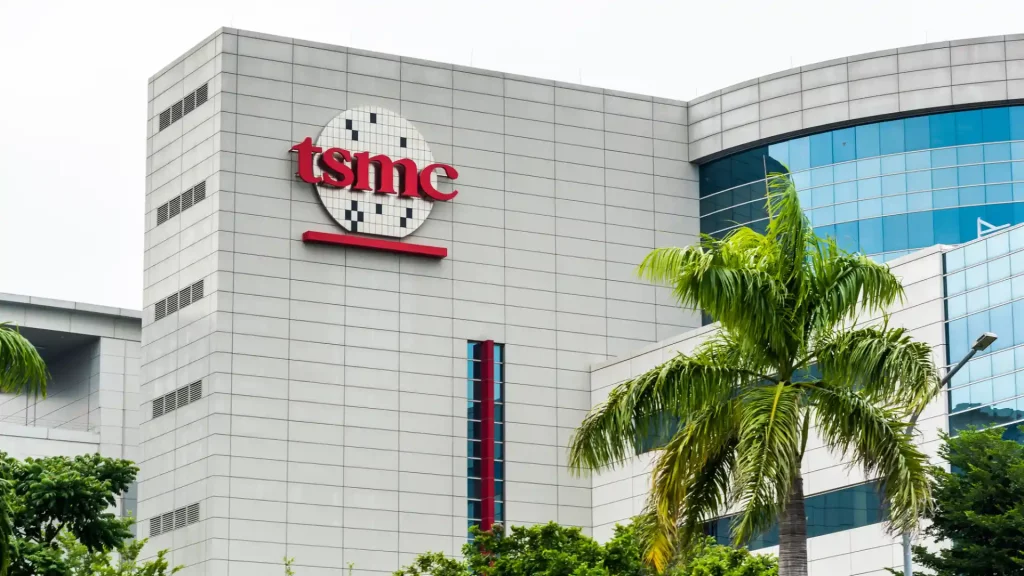Fumio Kishida, Prime Minister of Japan, congratulated TSMC for opening its first plant and also referred to it as “a giant first step.” He emphasised the significance of advanced semiconductor technology and Japan’s cordial connections with Taiwan.
Chipmaker giant Taiwan Semiconductor Manufacturing Co. (TSMC) has opened its first semiconductor plant in Japan as part of its continuous global development.
Mark Liu, executive Chairman of TSMC, thanked the Japanese government, the local community, and corporate partners, including electronics behemoth Sony and auto parts manufacturer Denso. He also stated that he was deeply grateful for the seamless support that was provided to them at every step. Morris Chang, the founder of the company, was also present in the event.
This occurs at a time when Japan is attempting to reclaim its position in the chip manufacturing sector.
TSMC Announces Second Plant in Japan
It is anticipated that later this year, Japan Advanced Semiconductor Manufacturing, or JASM (subsidiary of TSMC and Sony), will begin operations. Earlier this month, TSMC also revealed plans to build a second plant in Japan, with intentions to begin manufacturing there in roughly three years. The private sector has invested $20 billion in these two projects. The locations of both plants are in southwest Japan’s Kumamoto area.
Fumio Kishida, Prime Minister of Japan, congratulated TSMC for opening its first plant and also referred to it as “a giant first step.” He emphasised the significance of advanced semiconductor technology and Japan’s cordial connections with Taiwan.
TSMC was granted 476 billion yen ($3 billion) in government assistance by Japan earlier to entice the massive semiconductor company to invest. Japan’s support now stands at over 1 trillion yen ($7 billion) after Kishida approved a second package.
TSMC is constructing its second facility in the United States and has declared plans to open its first in Europe, but Japan might be a desirable alternative. Japan is a significant ally of the United States and is located closer to Taiwan. China‘s neighbour asserts that the autonomous island is its property and that Beijing is the rightful owner. In US-China relations, the long-standing division is a hot spot. This action is crucial for Japan as well, as it recently allocated roughly 5 trillion yen, or $33 billion, to resurrect its chip sector.
Companies Partner with TSMC for New Japan Chip Plant
Japan controlled the semiconductor industry forty years ago, with Toshiba Corp. and NEC holding half of the global market share. Due to competition from South Korean, American, and European manufacturers, as well as from TSMC, it has recently dropped to less than 10%.
Due to the coronavirus pandemic, Japan is now nearly totally dependent on chip imports. This has badly impacted the supply of electronic chips, slowing plants, especially automakers. Japan’s need for self-sufficiency has compelled them to look into chip fabrication.
Toyota Motor Corp., Denso Corp., and Sony Semiconductor Solutions Corp., all fully owned by Sony Corp., are investing in TSMC’s Japan factory. At the same time, the Taiwanese giant maintains an 86.5% ownership stake in JASM. TSMC estimates that when the two plants are operational, they will directly generate 3,400 high-tech jobs.
Japan Supports Diverse Semiconductor Projects
With the increasing popularity of artificial intelligence and electric vehicles, it is imperative to guarantee that there is a sufficient supply of the newest processors available. As evidenced by Tokyo Electron, a company that makes the equipment needed to make semiconductors, some observers claim Japan continues to lead in key areas of the sector.
The Japanese government is obviously trying to catch up, though. Tokyo is funding a number of national semiconductor projects, including those involving Japanese corporations like Renesas Electronics, Canon, and Sumitomo, as well as American companies like Micron and Western Digital.
